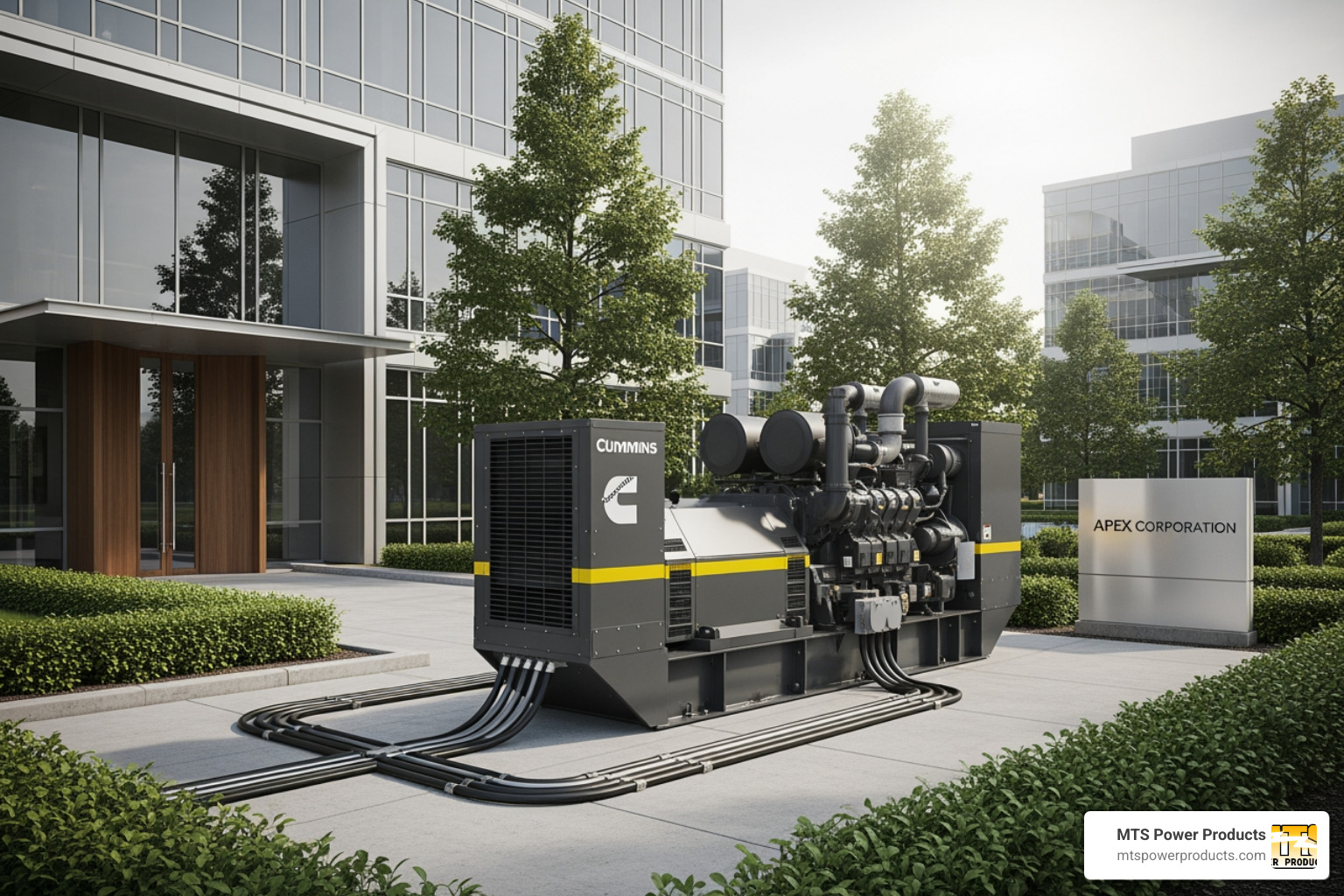
Buy Direct
from the Manufacturer
Sell our Products
Become a Distributor
Discounts
on volume purchases
Visit Us
at our Miami office
from the Manufacturer
Become a Distributor
on volume purchases
at our Miami office
We are back with another addition of Fuel Fight, where we look at the different fuel options available in the emergency standby generators on the market. An standby generator is an important part of any disaster preparedness plan and can relieve a lot of stress in the wake of a storm. In this article, we are going to be talking about LPG (or liquified petroleum gas) generators. MTS offers several fantastic models of LPG emergency generators.
Like always, it is important to note that there is no one size fits all best fuel option for every standby owner. It all comes down to your needs, wants, and the capabilities of your property.
LPG is a fossil fuel and made from the processing of crude oil- or petroleum. It was first refined in 1910 and has found numerous applications in a wide variety of industries since then. Liquified petroleum gas and is sometimes referred to either propane or butane depending on the molecular makeup. Other types of gasses that may be referred to as liquified petroleum gas are:
Sometimes, local LPG providers will adjust the propane to butane ratio in their gas seasonally to account for temperature changes. Mixed Propane and Butane are often sold as Autogas at gas stations. LPG is a hydrocarbon with a light molecular weight. Put simply, this means that LPG is highly flammable and burns relatively clean compared to other fossil derived sources.
LPG has a much higher energy energy density than natural gas, the most comparable fuel source to LPG. The calorific value on average of liquified petroleum gas is 93.2MJ/m3 as opposed to natural gas’s 38.7MJ/m3. This means that the same amount of output can be generated using less LPG than Natural gas. LPG emergency generators also have quite a long life expectancy compared to those using other fuel sources such as gasoline and natural gas. However, a diesel genset is by far the heartiest option and diesel and gasoline fuels both have a higher energy density than LPG. Many people also enjoy the relatively quiet operating volume of an LPG generator as compared to gasoline and diesel.
When looking into getting an LPG emergency generator, there are a few important things to consider. The most important factor is whether your property has an LPG gas line. One of the draws of a standby generator is that it connects directly into your properties fuel supply line. This means that in the event of an outage, you do not have to worry about physically refueling the generator. However, if you do not have a local LPG source then an LPG emergency generator is not an option for you.
If you are considering an LPG emergency generator for your home or business, there is no one more knowledgeable to turn to than MTS Power Products. Our technicians have years of experience and can help you figure out exactly which power solution is best for you. If you already have a generator, our own brand McPherson Controls manufactures top of the line accessories and replacement parts. Trust the experts here at MTS!